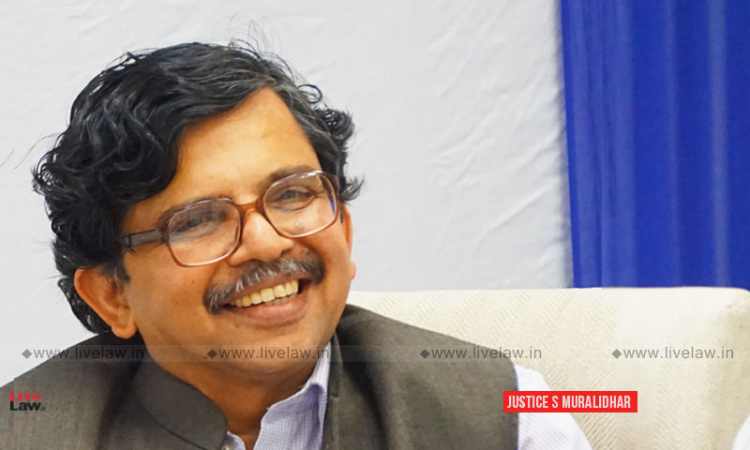Judicial Education Needs To Take Care Of Inherent Biases : Justice Muralidhar
Radhika Roy
13 May 2020 9:16 PM IST

Next Story
13 May 2020 9:16 PM IST
Justice Dr S Muralidhar, judge of Punjab and Haryana High Court, spoke about the need for judicial education to address the inherent biases of judges.He made this observation while delivering a Webinar on judicial reforms organized by BeyondLaw CLC and UILS, Punjab University, Chandigarh.He noted that increase of case load on judges lowered the quality of judgements, and that a balance had to...
